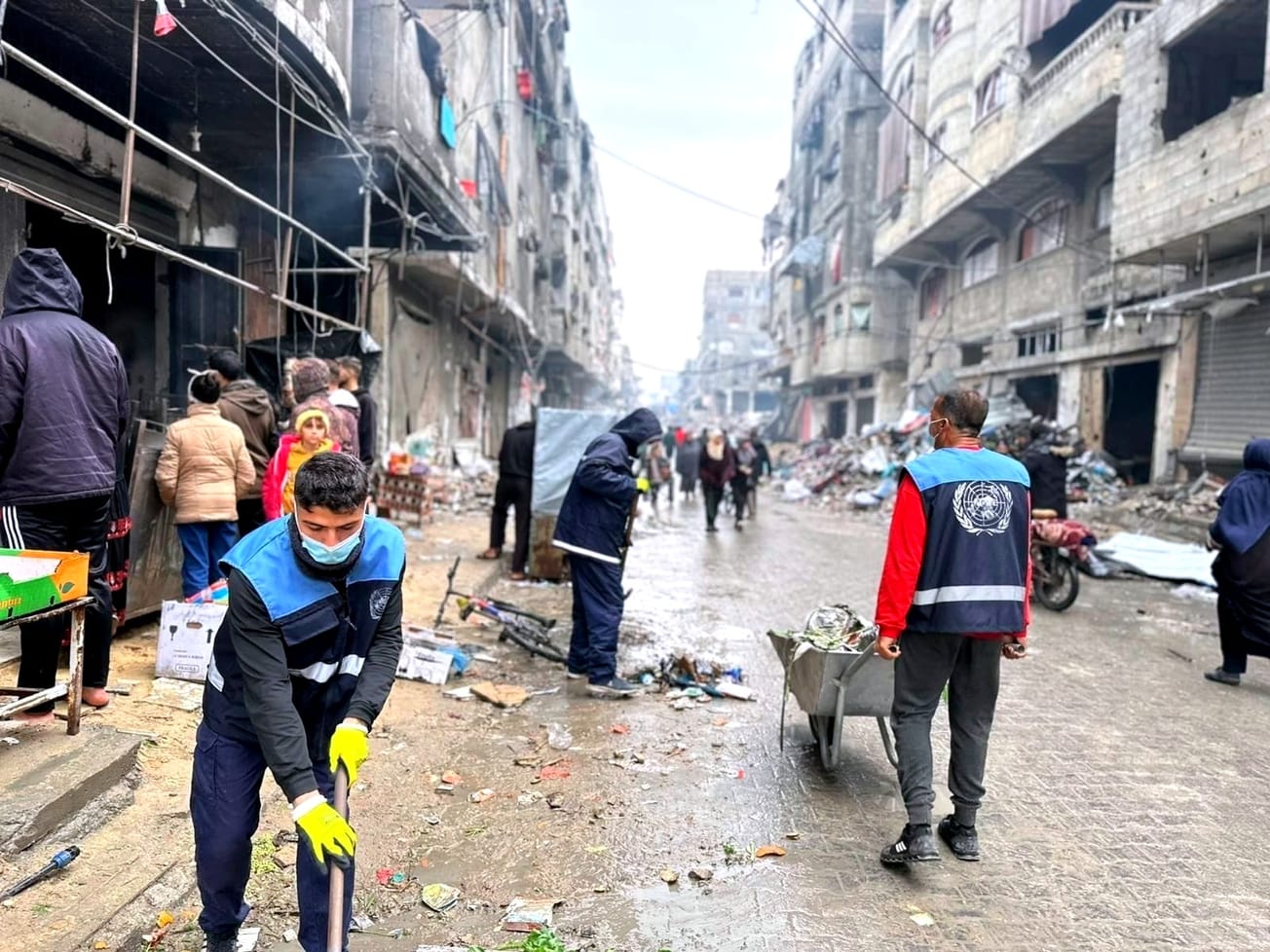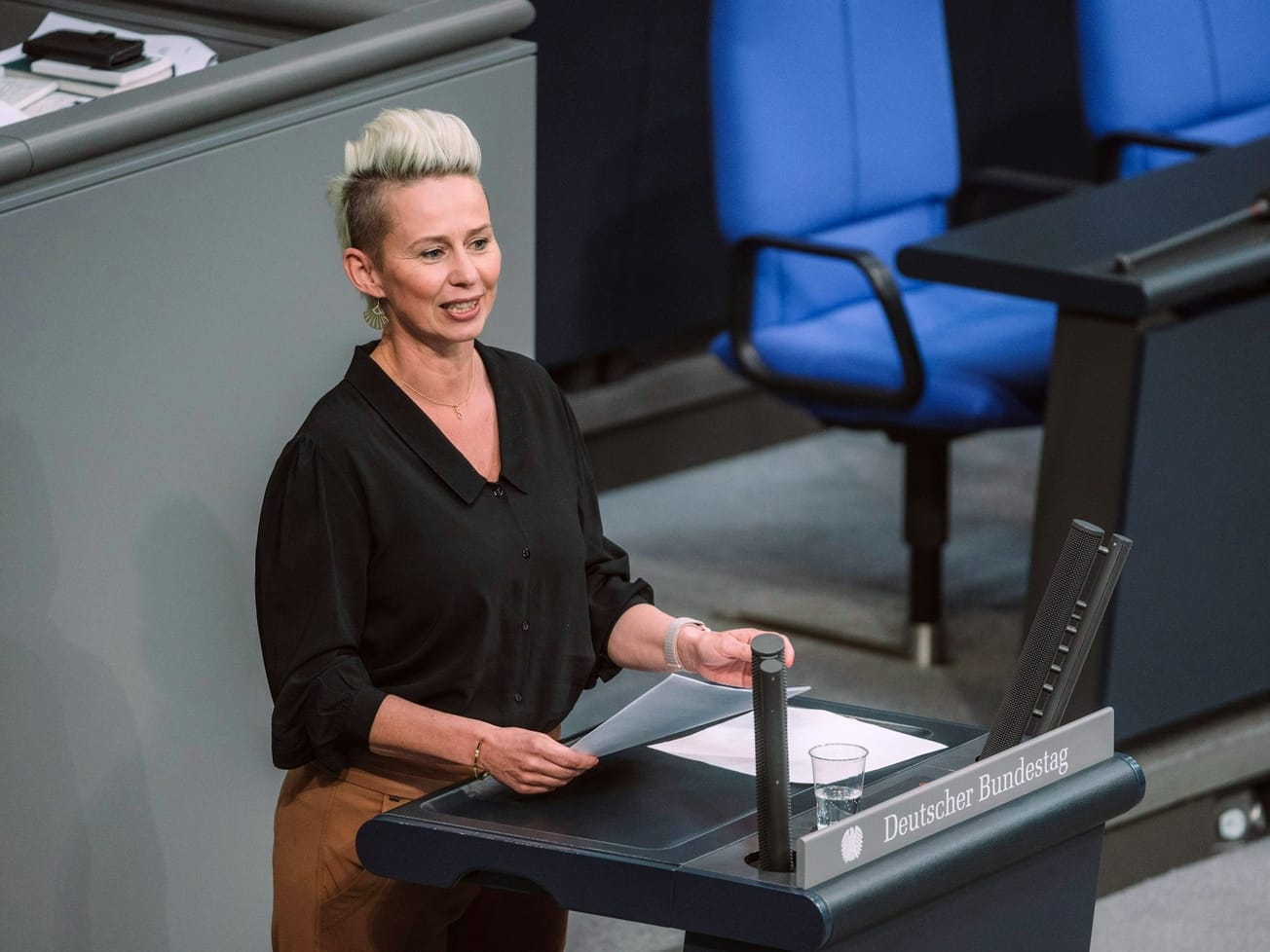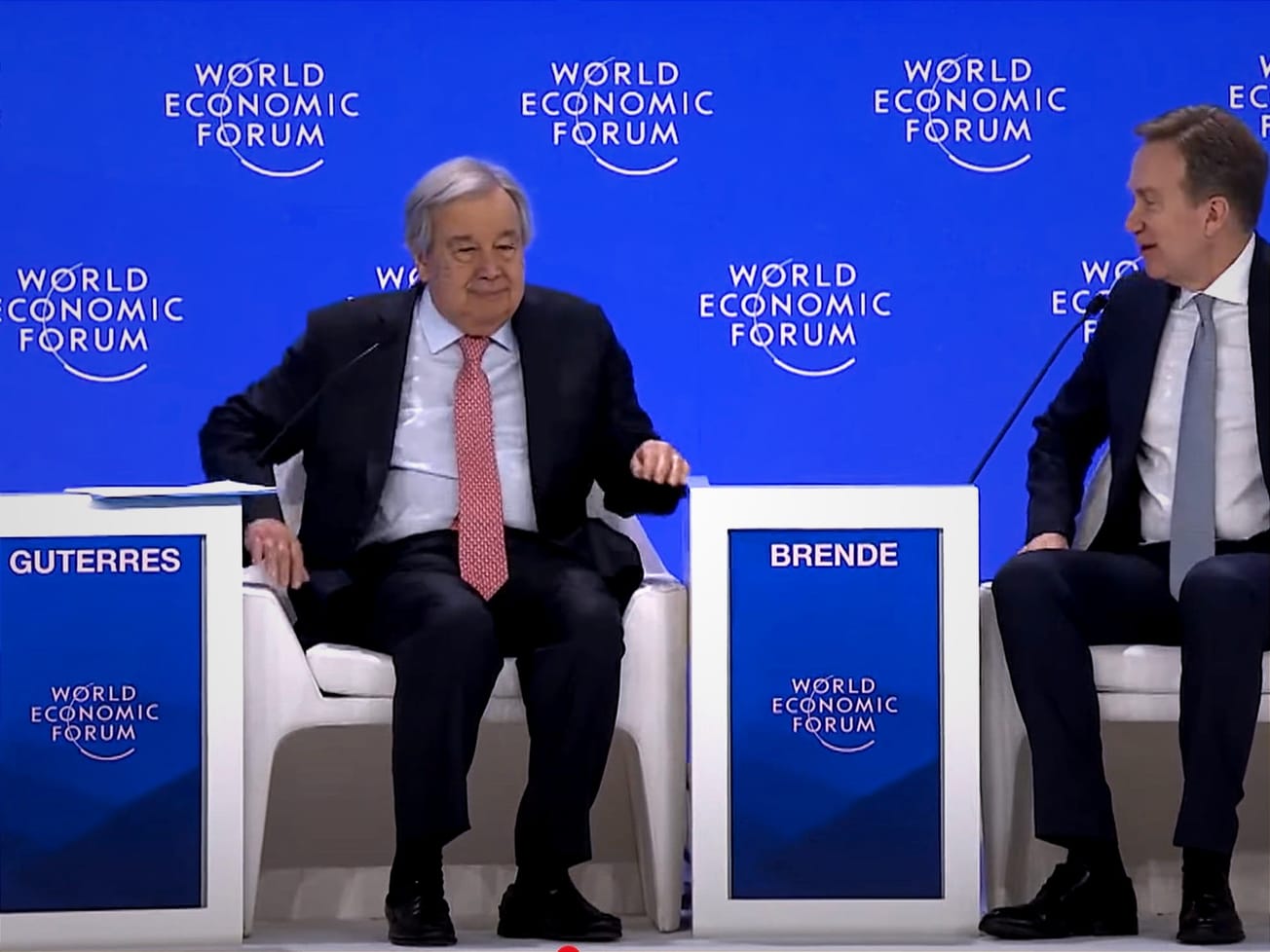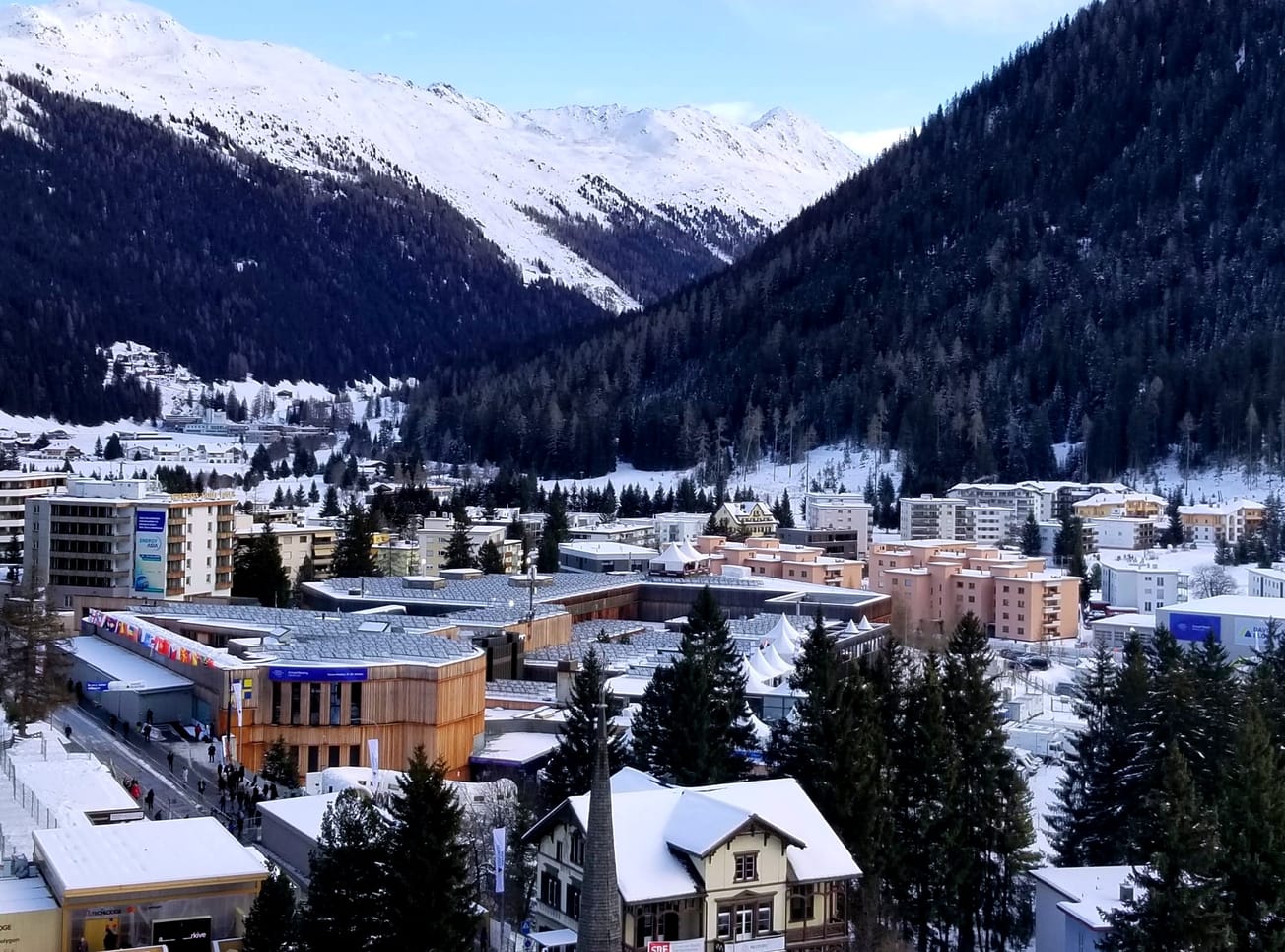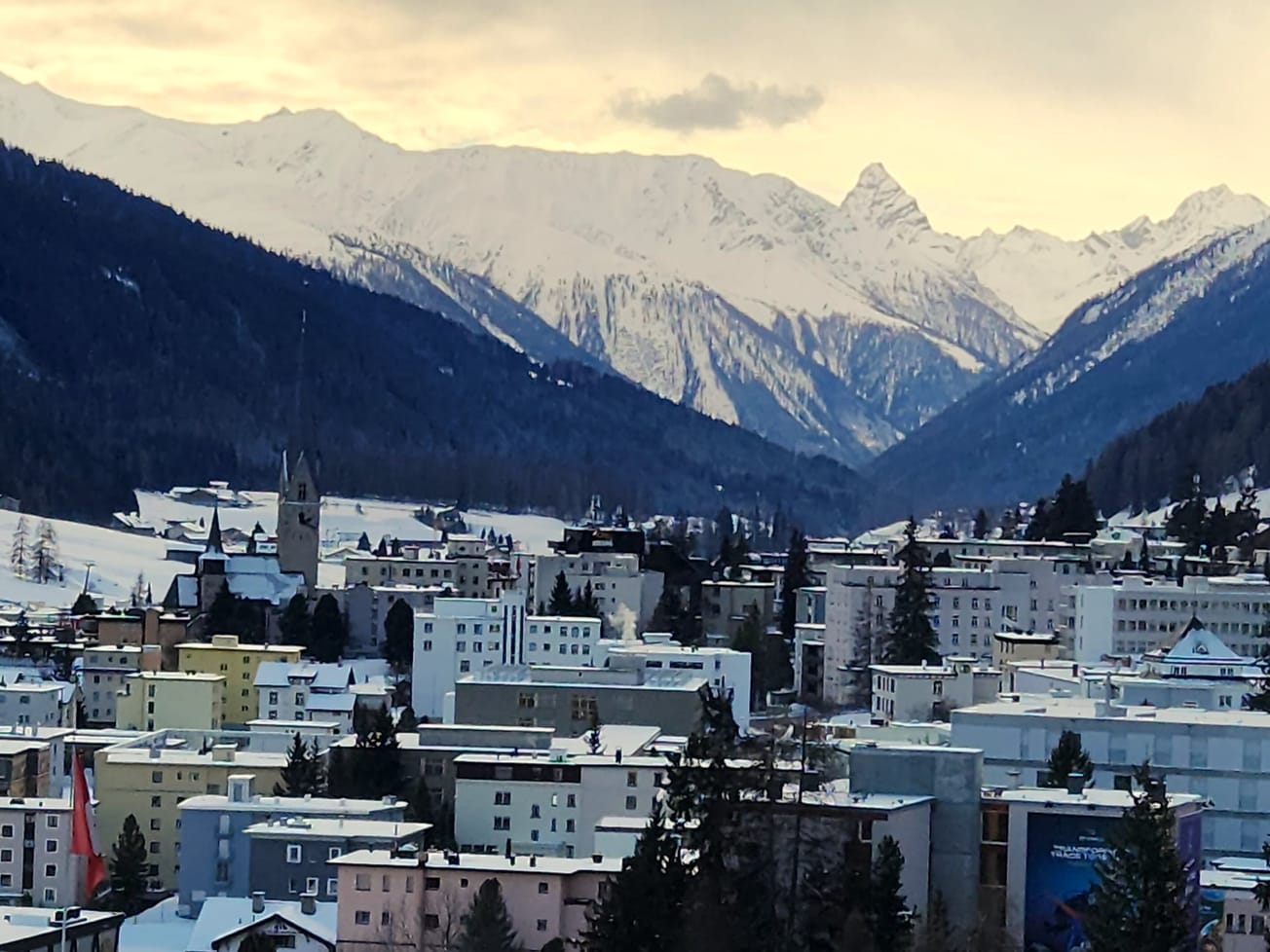
Nations make 'history in Geneva' with landmark pandemic treaty deal
WHO members finally reach consensus on a draft pandemic agreement after 13 formal rounds of meetings since Dec. 2021.
Switzerland is a landlocked nation in Central Europe, known for its mountains, lakes, and highly developed economy. The country has a long-standing policy of armed neutrality, which has allowed it to host the headquarters of many international organizations, including the U.N. office in Geneva.

Already have an account? Log in
WHO members finally reach consensus on a draft pandemic agreement after 13 formal rounds of meetings since Dec. 2021.
Europe's 'AI continent' would offer up to five large-scale but power-hungry facilities drawing Big Tech with simpler rules.
Markets plunged in Asia, Europe and the U.S. as leaders were shocked at Trump's tariffs and the risk of a global trade war.
Officials updated the 2024 death toll for humanitarian workers to 377 people across 20 countries, the worst year on record.
More than 1,000 physicists and engineers helped create the $17 billion proposal, based on at least 100 different scenarios.
One donor predicts more than 1 million kids in poor countries could die without U.S. funding for Gavi, the Vaccine Alliance.
More than 275,000 glaciers cover 700,000 square kilometers of the planet. Glaciers and ice sheets store 70% of all freshwater.
From migrants to refugees, millions of lives and the organizations that help them are at risk from U.S. aid cuts.
The averate rate of gains for women-held seats accelerated between 2000 and 2015, but slowed in the last decade.
Record heat and rightward political shifts toward nationalist self-interest undermine efforts to cut fossil fuel dependence.
Israel's brutal military campaign in Gaza has drawn direct criticism from all corners of the U.N. and its top officials.
Minimum wage workers in the E.U. had the most purchasing power in Germany and the least in Estonia.
His remarks were aimed at focusing attention on rising global temperatures and unregulated artificial intelligence.
The South African president invoked Nelson Mandela's emphasis on global 'interdependence' and cooperation.
Billionaires' wealth 'surged' by $2 trillion in a year, while 44% of the world population lives on less than $6.85 a day.
Børge Brende, WEF's president, said there is "a greater level of global uncertainty than we have seen in a generation."


